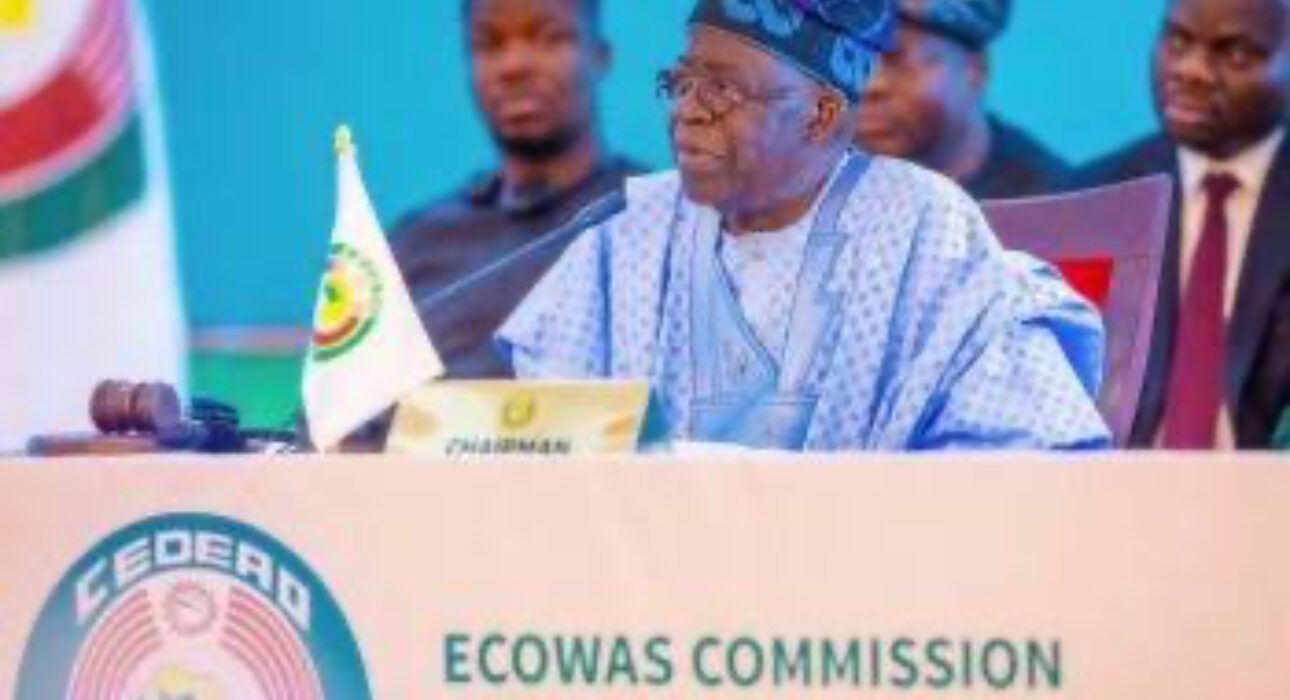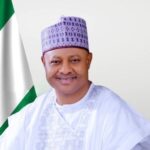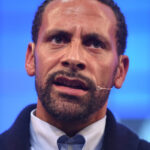Africa Losing $88.6 Billion Annually to Illicit Financial Flows, Laments ECOWAS

The Economic Community of West African States (ECOWAS) has raised the alarm on illicit financial flows (IFFs), indicating that Africa was losing $88.6 billion annually due to numerous illegal financial operations.
That sum, which constitutes approximately 3.7% of the African continent’s Gross Domestic Product (GDP), has severe economic consequences for economic growth and development, as well as infrastructure projects in Africa.
The illegal financial losses are driven by various reasons such as corruption, fraud, tax evasion, and illicit trade such as human trafficking and illegal mining. These procedures siphon much-needed finances that could have otherwise been put into crucial public sectors such as education, health, and infrastructure, eventually curtailing Africa’s economic growth potential.
At the forefront of this initiative is Nigerian President Bola Ahmed Tinubu, who in a speech at the ECOWAS conference called for immediate and collective action to resolve the underlying causes of illicit financial flows within the region. President Tinubu emphasized the need for the full ratification and application of the ECOWAS Protocol against Corruption, aimed at improving the capacity of the region to combat corruption, an overarching cause of such financial outflows.
“Corruption is not only a financial issue but a moral one,” President Tinubu said. “It undermines our societies, erodes public confidence, and hinders equitable distribution of resources. Loss of $88.6 billion every year in illicit financial flows is a crisis that no African nation can manage.”
In Nigeria’s bid to fight corruption and ensure transparency, President Tinubu also took a step in furthering regional anti-corruption efforts. Nigeria donated a building to serve as the permanent headquarters of the Network of National Anti-Corruption Institutions in West Africa (NACIWA), an institution that aims to coordinate the region’s approach to fighting financial misconduct.
Edwin Harris, the GIABA Director-General, also joined the debate, urging African leaders to do more to prevent illicit financial flows. Harris has spoken of such flows as a core problem which is undermining the economic stability and development of the continent.
We can’t afford to allow these illegal financial flows to go unchecked,” Harris added. “It is important that we dismantle the mechanisms that support these flows and strengthen our legal systems to prosecute perpetrators.”.
The United Nations Economic Commission for Africa (UNECA) has also weighed in on the issue, noting that the $88.6 billion lost annually through illicit financial flows is more than enough to fund the infrastructure and development needs of the majority of African countries. The commission emphasized that stopping such flows would significantly improve economic conditions on the continent and public services in general, and ultimately benefit the lives of millions of people.
The scale of illegal financial flows in Africa is not only an economic issue, but a governance issue. While billions of dollars are lost, the continent is unable to realize its development goals, including achieving sustainable infrastructure, improving education and healthcare, and poverty reduction. Experts opine that to minimize IFFs, there has to be a multi-dimensional approach that includes improved legal systems, improved financial transparency, and more robust anti-corruption institutions.
The ECOWAS summit, which brought together leaders, diplomats, and anti-corruption specialists from across West Africa, concluded in a call to action: To halt the flow of illicit financial flows, African leaders must prioritize transparency, improve regional cooperation, and demand accountability from those responsible for corruption and abuse of finances.
Against this background, the fight against illicit financial flows has never been more pressing. If Africa is able to check these illicit activities, the continent could unlock billions of dollars worth of resources to fund its development plans and promote the well-being of its people.









